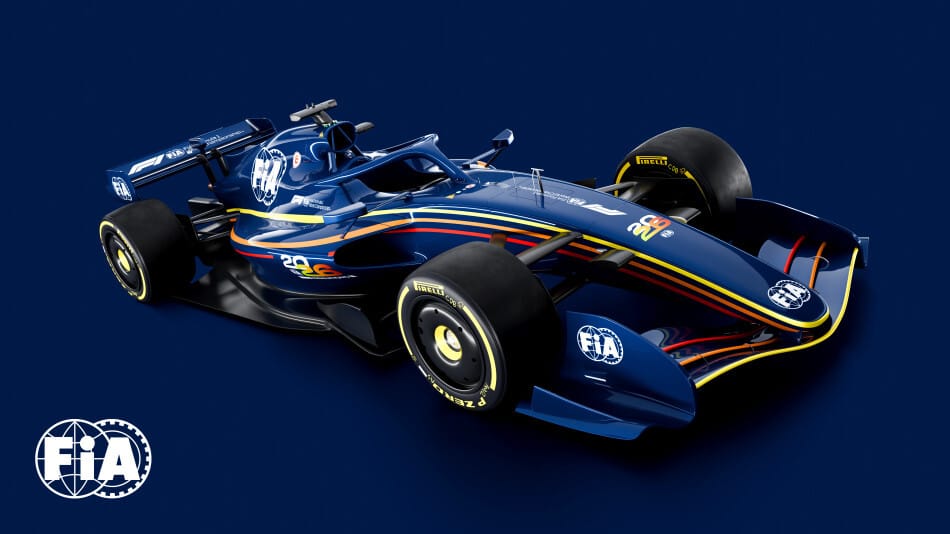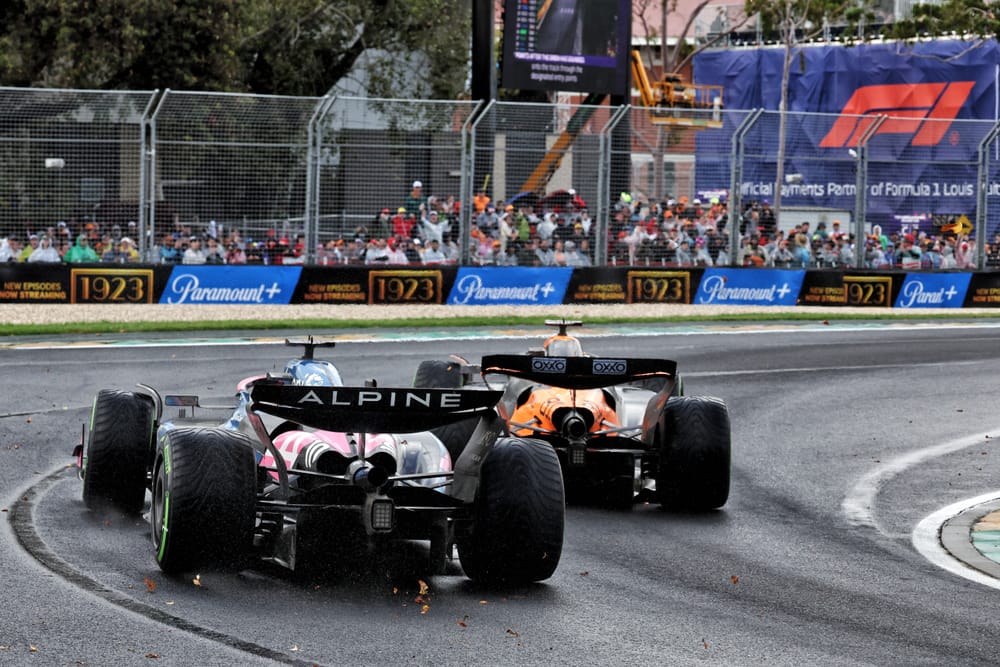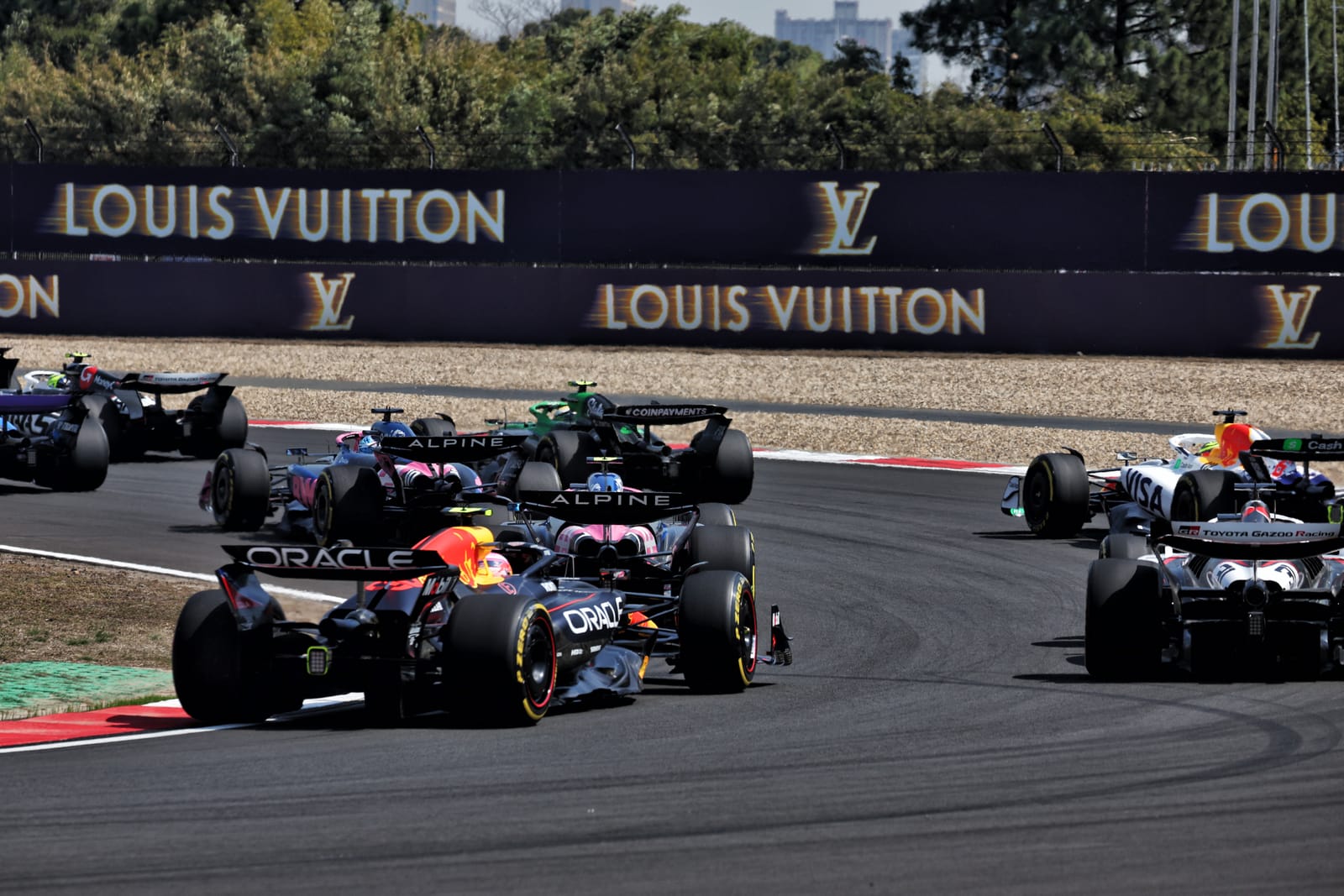McLaren, Williams and Alpine would have no engines next year if the planned 2026 Formula 1 regulations were to be scrapped, their supplier Mercedes has warned.
The ongoing discussions in F1 about a potential change to V10 power units from 2028 has prompted a parallel debate about whether it’s even worth still going ahead with next year’s new turbo hybrids at all if they will be replaced so soon.
Some within F1 would prefer to keep going with the current engines for the next couple of years before then switching over to V10s.
However, such a dramatic change of plan for F1 would trigger some huge complications on the grid.
Audi, which is entering as its own works team next year, does not have an alternative power unit that it can use, while Red Bull too would be without something it can compete with as it has only developed an engine for the 2026 regulations in its new partnership with Ford.
Now, Mercedes has highlighted what the impact would be on its end if the current rules were extended.
Jon and Edd reveal more about the V10 talks in their post-Chinese GP news debrief video in The Race Members' Club on Patreon - try it free for seven days
While it reckons an emergency rejig of operations could allow it to keep its own works effort in operation, it says there would be nothing available for its customers McLaren, Williams and Alpine.
Speaking to The Race about the situation if the current regulations were extended, Mercedes team boss Toto Wolff said: "It's impossible. I think simply by the sheer fact that we don't have the hardware anymore.
"We don't have the dynos, nor the batteries. None of that is existent.
"I think we could probably make an engine for us as a works team, but the rest is just simply impossible.
"As an engine manufacturer, we have long lead times to prepare for it, so that needs to be considered. And even if we were keen on doing things [suppling customers], there's just some things that are simply impossible."
FIA rejects 'panic stories'

The very emergence of talks about potentially scrapping the 2026 rules, even if not realistic, comes against the backdrop of concerns about the new engines.
As well as the future turbo hybrids being hugely complex and expensive, which has triggered the recent debate about V10s, there have been fears that they will be energy-starved so will turn F1 races into economy runs.
While the FIA’s single-seater director Nikolas Tombazis has been leading discussions with manufacturers about whether F1 needs to change direction longer -erm, he is clear that he does not think the 2026 rules are such a failure that they need abandoning.
"I don't share, and we don't share, the view and the scaremongering about the '26 regulations," he said.
"There's certainly challenges, and we've worked with the teams and the PU manufacturers to sort them out.
"There's still a bit of work to do to sort out some details, but I think there will be cars racing closely with each other, able to fight each other and using driver skill. So fundamentally, I don't share the panic stories."
Tombazis thinks that the current worries that are surfacing are no different to what happens before any major rule change in F1.
"I remind people that there were panic stories for the '22 regulations, that the cars would be massively slow.
"I'm not saying everything was perfect, because there's things with the benefit of hindsight we would have done differently, but I don't think it was a disaster.
"And I would also say that if we had not done the PU regulations, currently Formula 1 would have two PU manufacturers, it would have just Ferrari and Mercedes and nobody else. I think that's easily forgotten.
"So we tried to find the formula which attracted newcomers, which also kept the challenges and kept the hybrid part. So I'm optimistic that what happens in '26 will be good."




